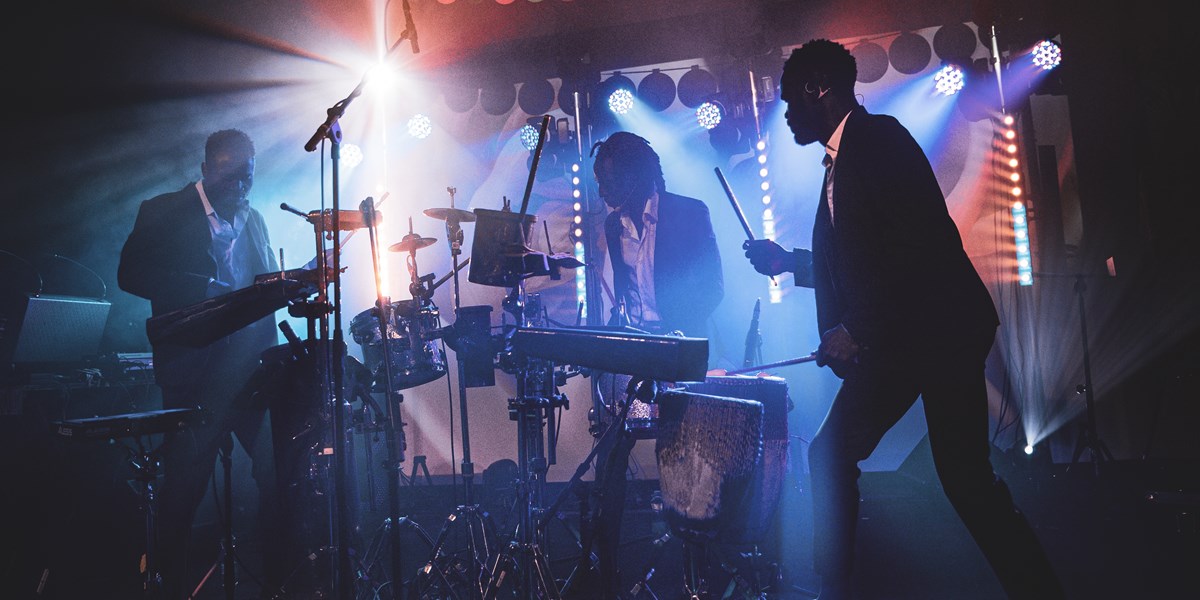Wednesday, July 12, 2023
Tallinn Music Week, Estonia, May 11-13
Global-folkloric musics abound at this Estonian multi-genre splurge of showcases

Arsenal Mikebe (© Kaie Kiil)

Register now to continue reading

Thanks for visiting the Songlines website, your guide to an extraordinary world of music and culture. Sign up for a free account now to enjoy:
- Free access to 2 subscriber-only articles and album reviews every month
- Unlimited access to our news and awards pages
- Our regular email newsletters


